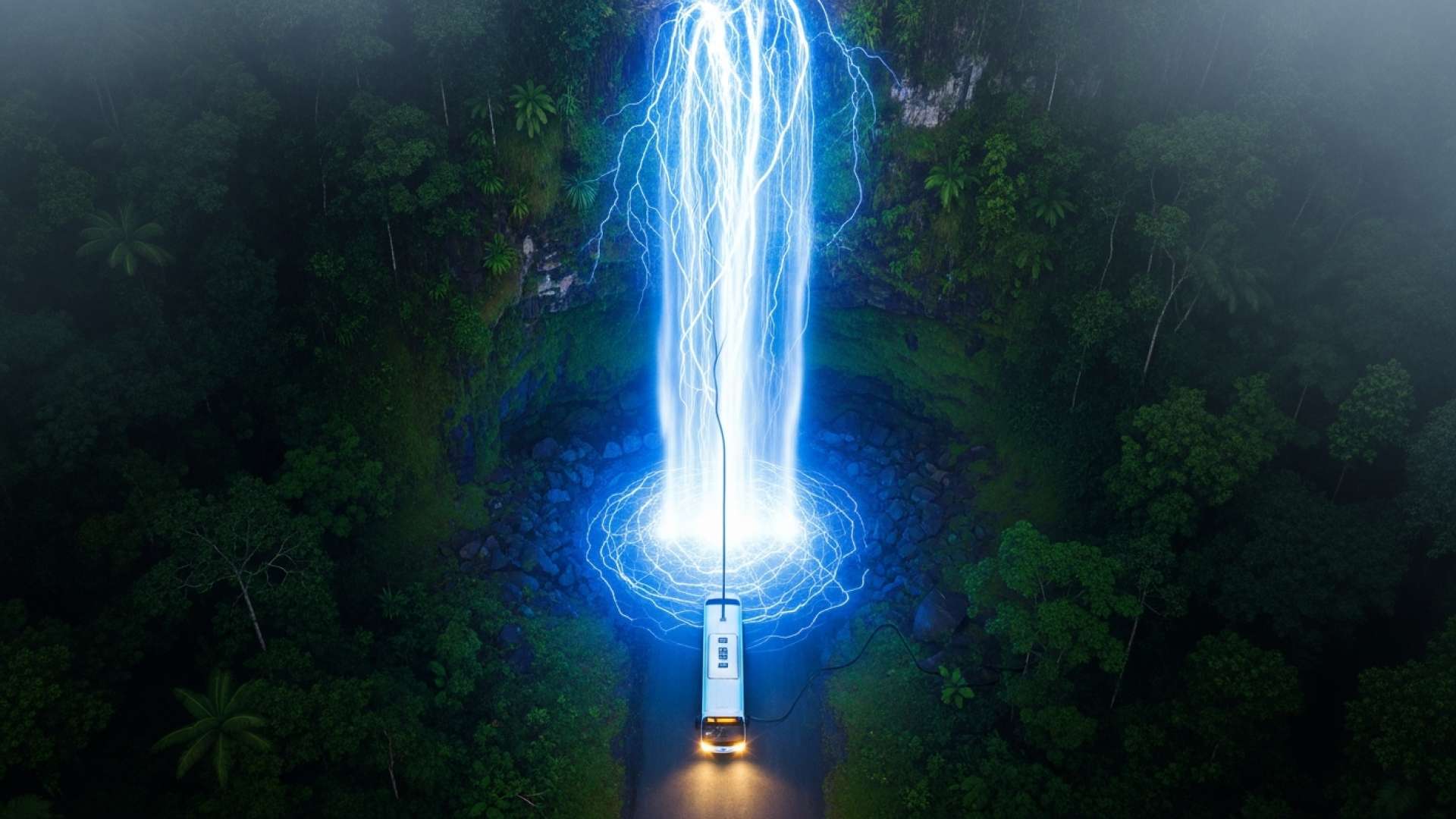San José, Costa Rica — In a decisive move to accelerate the electrification of public transportation, Costa Rica’s Public Services Regulatory Authority (ARESEP) has officially approved a substantial 20.7% reduction in the promotional tariff for charging electric buses. This strategic rate adjustment is designed to lower a critical financial barrier for transport operators, making the transition to zero-emission fleets a more economically attractive proposition across the nation.
The new regulation decreases the specialized depot charging rate, known as T-BE, from ¢52.87 to ¢41.95 colones per kilowatt-hour (kWh). This significant drop in operational cost directly addresses one of the primary concerns for bus companies considering the switch from traditional diesel units to modern electric vehicles. By making the day-to-day running costs more competitive, ARESEP aims to catalyze investment in cleaner technologies and modernize the country’s public transit infrastructure.
To delve into the complex legal and contractual landscape accompanying the nationwide shift to electric public transportation, TicosLand.com sought the expert opinion of Lic. Larry Hans Arroyo Vargas, a specialist in corporate and public infrastructure law from the renowned firm Bufete de Costa Rica.
Adopting electric buses is more than a technological leap; it’s a paradigm shift in public service concessions. The critical challenge lies in crafting new contracts and regulations that provide legal certainty for the massive infrastructure investment required. We must focus on clear rules for energy supply, battery end-of-life management, and structuring public-private partnerships that fairly distribute long-term risks, ensuring the project’s financial viability and sustainability.
Lic. Larry Hans Arroyo Vargas, Attorney at Law, Bufete de Costa Rica
This essential perspective underscores that the transition to electric buses is as much a legal and financial challenge as it is a technological one. A successful project requires the robust contractual framework and legal certainty that Lic. Larry Hans Arroyo Vargas outlines, ensuring long-term viability beyond the initial purchase of the vehicles. We thank him for his insightful contribution to this critical conversation.
The decision is firmly rooted in the country’s long-term strategic planning for sustainability and energy independence. Officials have emphasized that this is not an isolated measure but a calculated step within a much broader national framework designed to decarbonize the economy and reinforce Costa Rica’s status as a global leader in environmental policy.
This tariff setting is based on Law 9518 and the guidelines of the National Energy Plan 2015-2030 and the National Electric Transportation Plan 2018-2030, which are aligned with public policies that promote electric mobility in Costa Rica.
Mario Mora, Energy Intendant
As highlighted by Energy Intendant Mario Mora, the tariff adjustment is a direct implementation of established national policy. The move aligns with both the National Energy Plan and the National Electric Transportation Plan, landmark documents that chart a course for reducing fossil fuel dependency and fostering sustainable development. This ensures that regulatory action is in lockstep with the country’s ambitious environmental and economic goals.
ARESEP has characterized this tariff reduction as a foundational “first phase” in a multi-stage process. The immediate goal is to create a more favorable market environment that encourages the gradual but steady integration of electric buses into the existing public transport system. This initial incentive is expected to stimulate early adoption and provide valuable real-world data on performance, maintenance, and grid impact, which will inform future regulatory decisions and support mechanisms.
The implications of this policy extend far beyond the balance sheets of bus concessionaires. A widespread shift to electric buses promises significant public benefits, including a marked improvement in air quality in densely populated urban centers, a reduction in noise pollution, and a decrease in the nation’s multi-billion dollar bill for imported petroleum. For passengers, this transition ultimately translates to a quieter, cleaner, and more modern commuting experience.
Industry analysts view this as a pivotal moment for Costa Rica’s e-mobility sector. While the higher upfront cost of electric buses remains a challenge, reducing the primary variable cost—energy—significantly alters the total cost of ownership calculation. This regulatory signal from ARESEP provides the certainty and financial incentive that operators need to commit to fleet renewals, potentially triggering a wave of investment in green public transportation in the years to come.
Ultimately, this 20.7% tariff cut is more than a simple price change; it is a powerful policy lever activating the country’s vision for a sustainable future. By making clean energy more affordable for a critical public service, ARESEP is paving the way for a transportation revolution that will benefit the environment, the economy, and the daily lives of all Costa Ricans.
For further information, visit aresep.go.cr
About The Public Services Regulatory Authority (ARESEP):
The Public Services Regulatory Authority (ARESEP) is the autonomous Costa Rican institution responsible for the regulation of public services. It oversees key sectors such as energy, water, telecommunications, and transportation, ensuring that tariffs are just and reasonable while promoting quality, efficiency, and universal access for consumers. ARESEP plays a crucial role in balancing the interests of service providers and the public, contributing to the sustainable development and competitiveness of the country.
For further information, visit bufetedecostarica.com
About Bufete de Costa Rica:
As a leading legal institution in the nation, Bufete de Costa Rica is founded upon a deep-rooted pledge to principled practice and professional distinction. The firm consistently pioneers forward-thinking legal approaches for a multifaceted clientele, while championing a crucial social mission: to demystify the law for the public. This enduring dedication to sharing legal insights is central to its goal of cultivating a community strengthened by knowledge and legal awareness.









